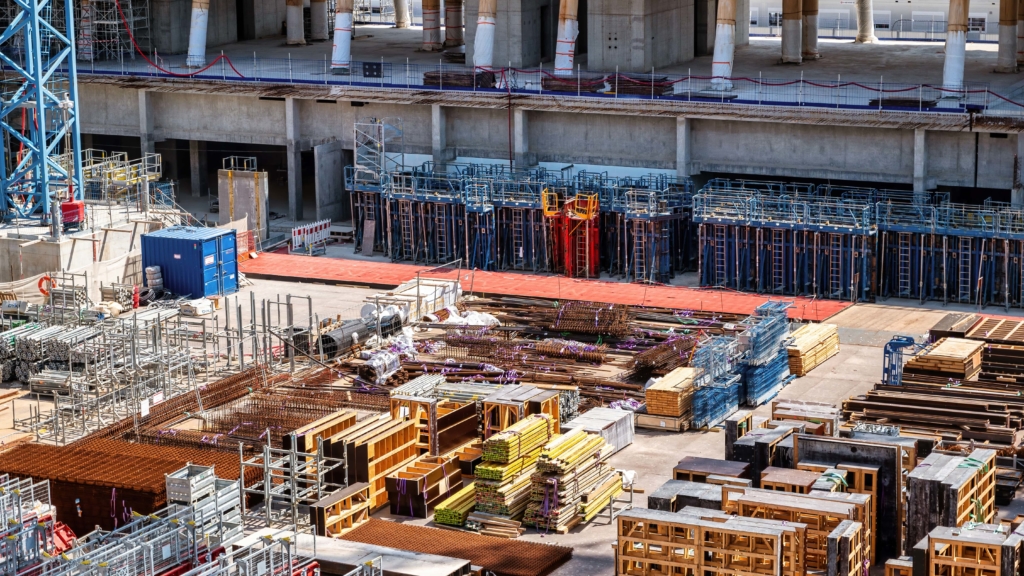
Sustainable building practices are a priority in the real estate sector, with responsible material sourcing playing a crucial role in reducing environmental impact. Integrating responsible sourcing into building projects leads to a reduced carbon footprint from both embodied and operational carbon emissions, which is a key criterion for achieving high standards for certifications like BREEAM and LEED.
Responsible sourcing includes:
- Local sourcing: Reducing transport emissions by prioritizing materials from nearby suppliers.
- Certified materials: Ensuring both quality and responsibly sourced, construction products should be covered by Environmental Product Declarations (EPD), Environmental Management System (EMS) or a responsible sourcing certification scheme (RSCS): FSC/PEFC-certified wood, BES 6001, CARES, SFI, ISO 1400, etc.,
- Recycled & reused materials: Utilizing salvaged elements reduces the demand for virgin resources and minimizes construction waste.
Using responsible sourced materials reduces carbon footprint, ensures regulatory compliance, and enhances project longevity.
Key standards for responsible sourcing
We have outlined key standards, each playing a critical role in responsible sourcing and sustainability in construction:
- Environmental Product Declaration (EPD)
- What it is: A standardized document providing verified data about the environmental impact of a product throughout its lifecycle.
- Purpose: Helps stakeholders in construction and real estate make informed decisions based on a product’s carbon footprint, energy consumption, and sustainability performance.
- Relevance: Recognized in sustainability certifications like BREEAM and LEED, promoting transparency in material sourcing and supporting low-carbon footprint construction.
- FSC/PEFC for wood (Forest Certification)
- What it is: FSC (Forest Stewardship Council) and PEFC (Programme for the Endorsement of Forest Certification) are international standards ensuring that wood and timber products come from responsibly managed forests.
- Purpose: Prevents deforestation, protects biodiversity, and ensures fair working conditions in the timber industry.
- Relevance: Essential for construction projects, particularly in achieving sustainability goals like BREEAM, LEED, and ESG strategy compliance.
- BES 6001 (Responsible Sourcing of Construction Products)
- What it is: A certification assessing the sustainability and ethical sourcing of materials in construction projects.
- Purpose: Covers the entire supply chain rather than isolated environmental or social criteria.
- Relevance: Promotes sustainability, transparency, and ethical practices throughout the supply chain while supporting green building certifications like BREEAM and LEED.
- ISO 14001 (Environmental Management System)
- What it is: An international standard for environmental management systems (EMS) that helps organizations reduce their environmental impact.
- Purpose: Identifies and mitigates environmental risks across operations. Sets requirements for managing resources efficiently, reducing carbon emissions, and improving sustainability performance.
- Relevance: Key for businesses in construction, ensures adherence to environmental laws and regulations, and aligns with ESG strategies and sustainability certifications like BREEAM, LEED.
These standards are essential for achieving sustainable, low-impact buildings by ensuring responsible sourcing, carbon footprint reduction, and ESG compliance. Companies aiming to align with BREEAM, LEED, and Net Zero Carbon strategies should integrate these certifications into their real estate and construction projects to improve long-term sustainability.

